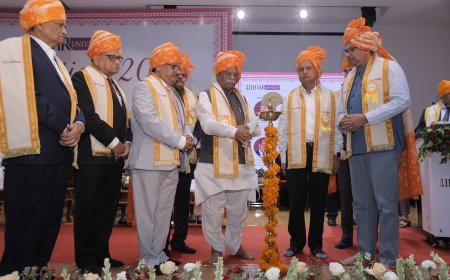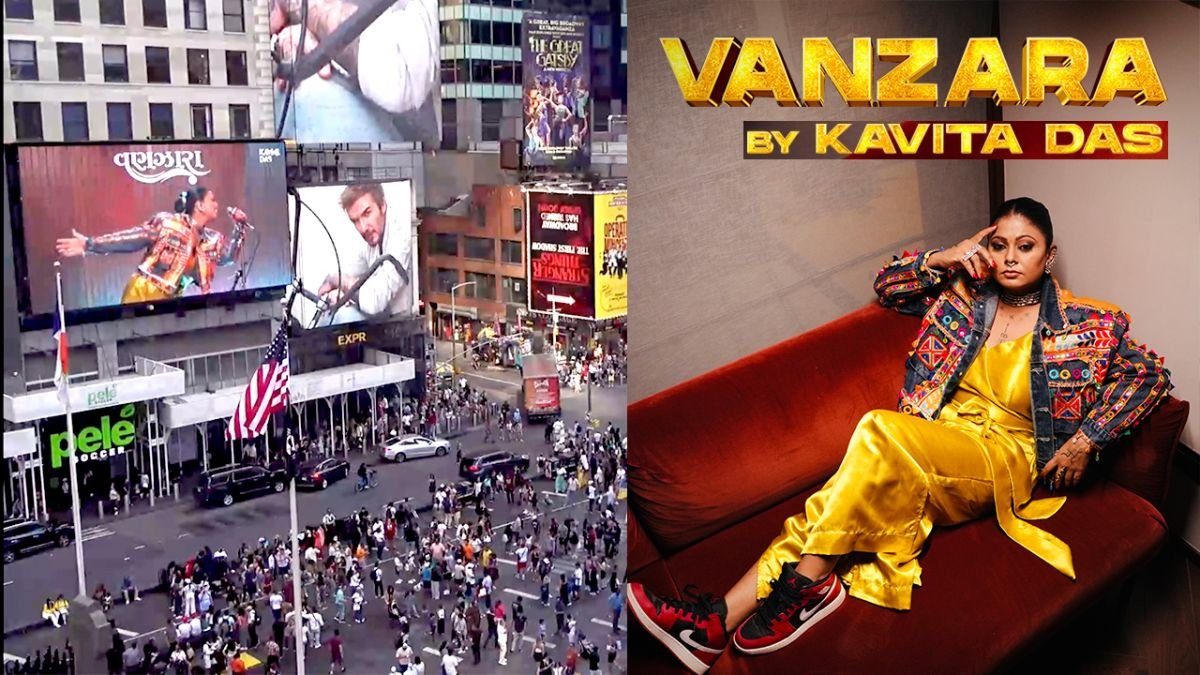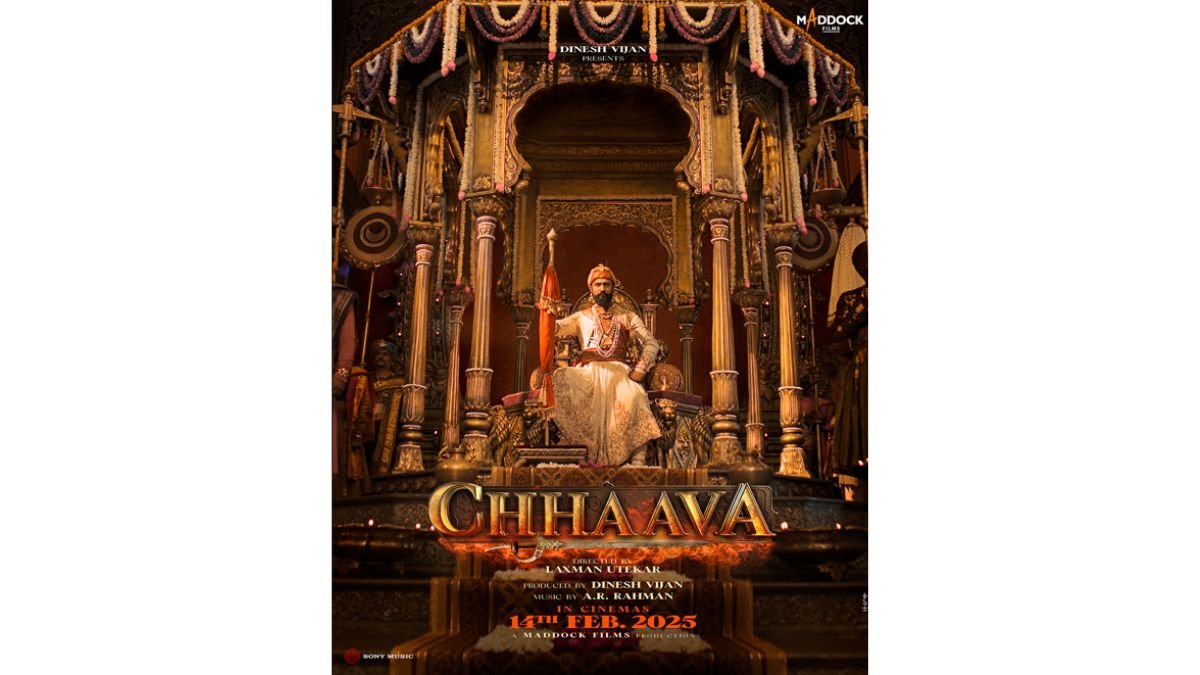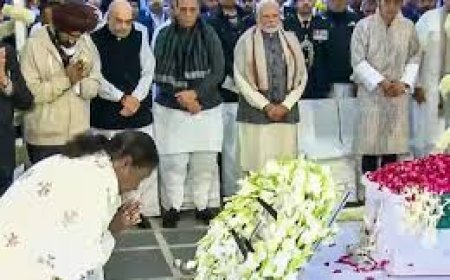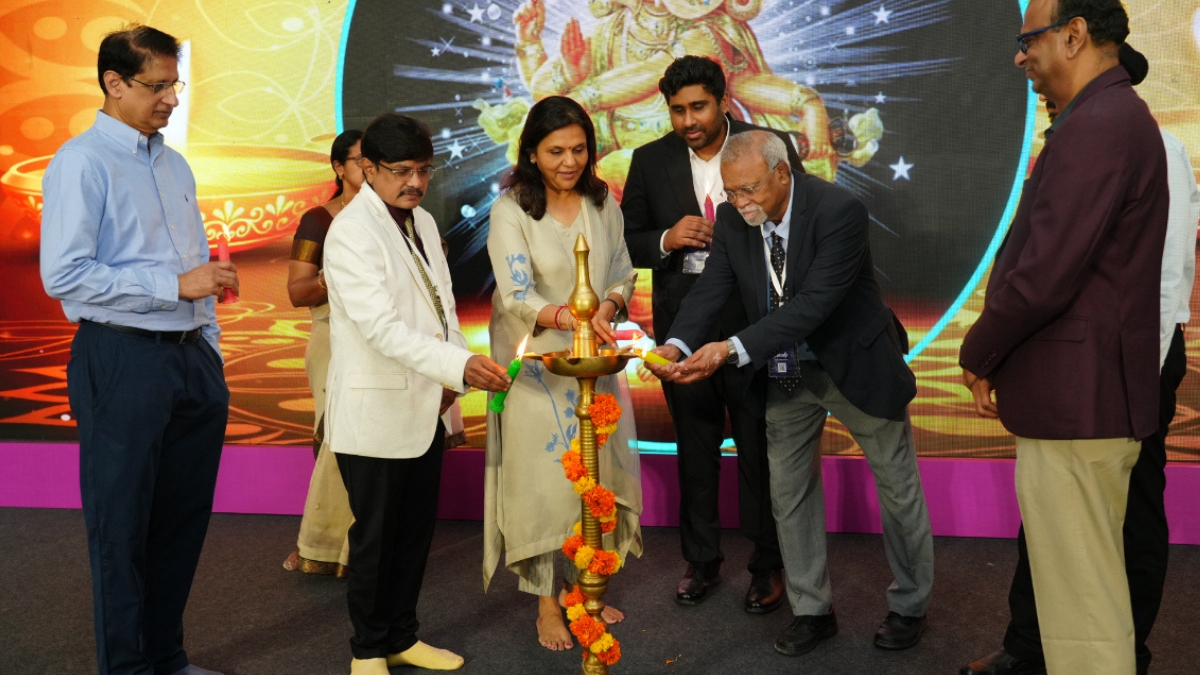Abhishek Malhan Takes a Stand Against Trolling Culture, Calls Out Influencer Sufi for Mocking Creators
Influencer and YouTuber Abhishek Malhan responds with dignity after facing misrepresented backlash over comments addressing online bullying. In a rare but necessary moment of assertiveness, popular content creator Abhishek Malhan has taken a bold stand against toxic online behavior by calling out fellow influencer Sufi for repeatedly mocking and belittling creators. What began as a […]
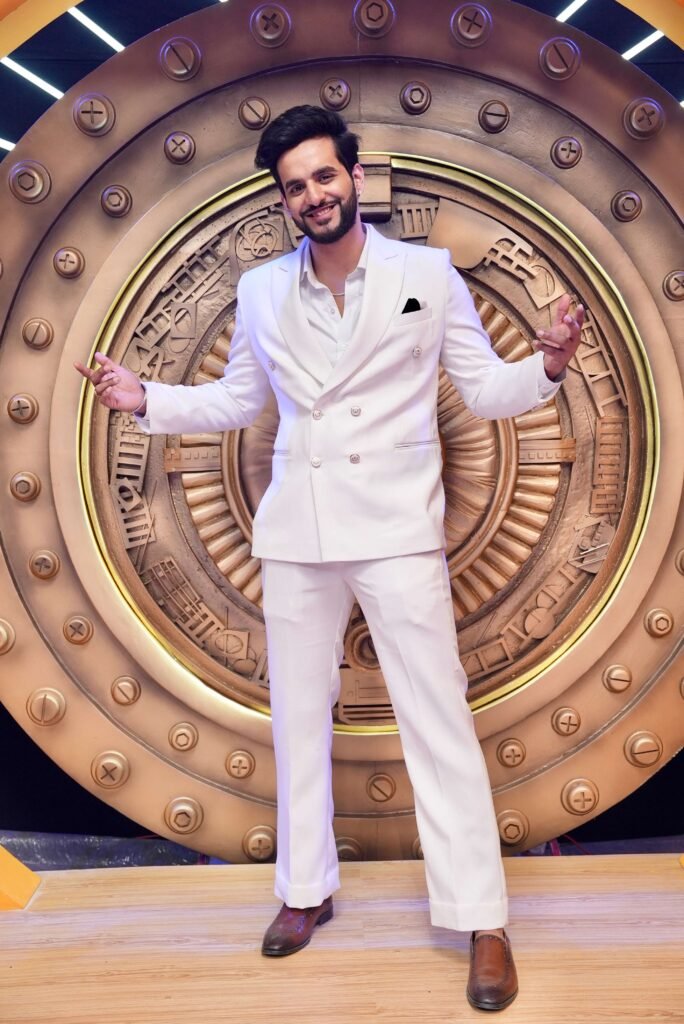
Influencer and YouTuber Abhishek Malhan responds with dignity after facing misrepresented backlash over comments addressing online bullying.
In a rare but necessary moment of assertiveness, popular content creator Abhishek Malhan has taken a bold stand against toxic online behavior by calling out fellow influencer Sufi for repeatedly mocking and belittling creators. What began as a calm and respectful critique quickly escalated into a distorted controversy, fueled by misleading headlines and a fabricated narrative.
A viral article recently accused Abhishek of using a derogatory term in a now-circulating video snippet—an accusation that has been thoroughly debunked by viewers and fact-checkers alike. No such slur was used in the video, nor was any comment made that targeted gender identity or personal background. Instead, Abhishek addressed the consistent trolling behavior displayed by Sufi, who has been called out previously for his sarcastic takes on influencers’ appearances and content choices.
Twisted Headlines, Misrepresented Intent
The controversy stems from a video clip in which Abhishek candidly expresses frustration over Sufi’s constant judgment of other creators, particularly over outfits and personal moments. However, the backlash did not center around the actual content of the video—but on a false narrative suggesting that Abhishek had crossed a line.
“This is not about hate. It’s about putting an end to unnecessary negativity,” a source close to Abhishek stated. “He’s always been respectful. This was about drawing the line on behavior that has gone unchecked for far too long.”
What followed was a wave of support from fans and fellow creators who agreed with Abhishek’s point of view—many of whom have themselves been at the receiving end of Sufi’s content, including jokes around Triggered Insaan’s wedding and others’ personal fashion choices.
Breaking Down the Manufactured Narrative
The article in question not only used a misleading headline but failed to include Abhishek’s perspective or a response from his team—an oversight that undermines journalistic integrity. Here’s a breakdown of the key issues:
- Fabricated Language Use: The article falsely claimed Abhishek used the slur ‘chakka’, which he never did. This claim has been proven false by the video itself.
- Distorted Intent: Abhishek criticized judgmental behavior—not any individual’s identity or background.
- Lack of Context: The article omitted the months of prior trolling behavior that Sufi engaged in, isolating a snippet to mislead readers.
- No Balanced Reporting: The piece did not include Abhishek’s statement or comments from his side, reflecting biased reporting.
- Ignored Audience Sentiment: Public frustration with Sufi’s style of content was left unaddressed, despite being a key part of the conversation.
When Standing Up Is Mistaken for Aggression
Abhishek’s statement was neither aggressive nor disrespectful. It was a mature response to a trend that many believe is polluting the content ecosystem—mockery in the name of “roasting.”
“Standing up for yourself and others doesn’t make you aggressive. It means you respect your space and the community you’re part of,” said a fellow influencer who publicly supported Abhishek.
The situation brings into focus a larger conversation around influencer culture, online etiquette, and the responsibility of creators to maintain a respectful discourse.
The Bigger Picture
While the controversy around a single statement may fade, the issue at its core remains significant: when is criticism constructive, and when does it become cruelty?
Abhishek Malhan’s stance may have sparked debate, but it also served as a much-needed reminder that calling out negative behavior isn’t wrong—and silence isn’t always golden. In a digital space where creators are expected to accept judgment without protest, his voice stood out for being calm, firm, and necessary.
